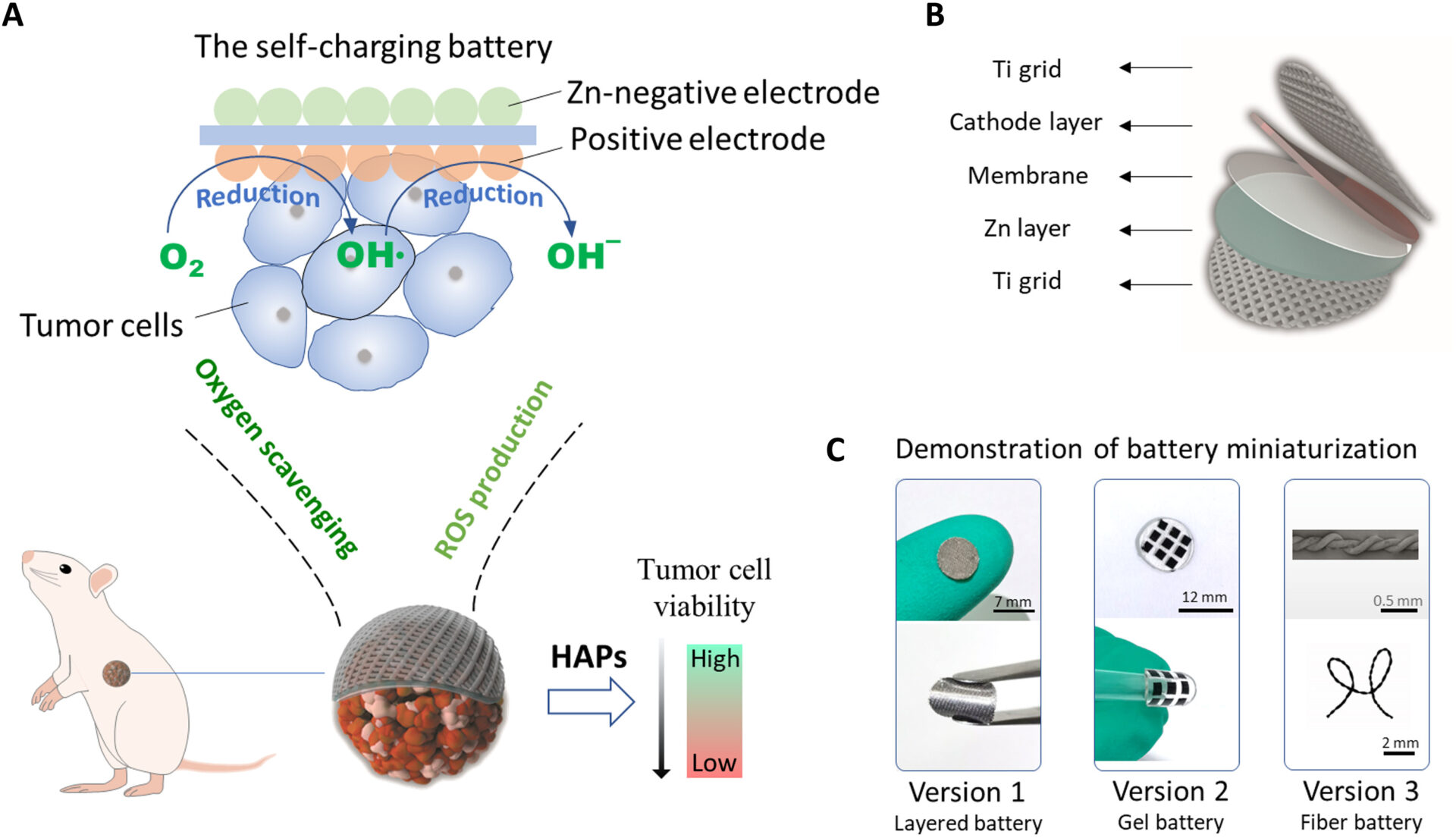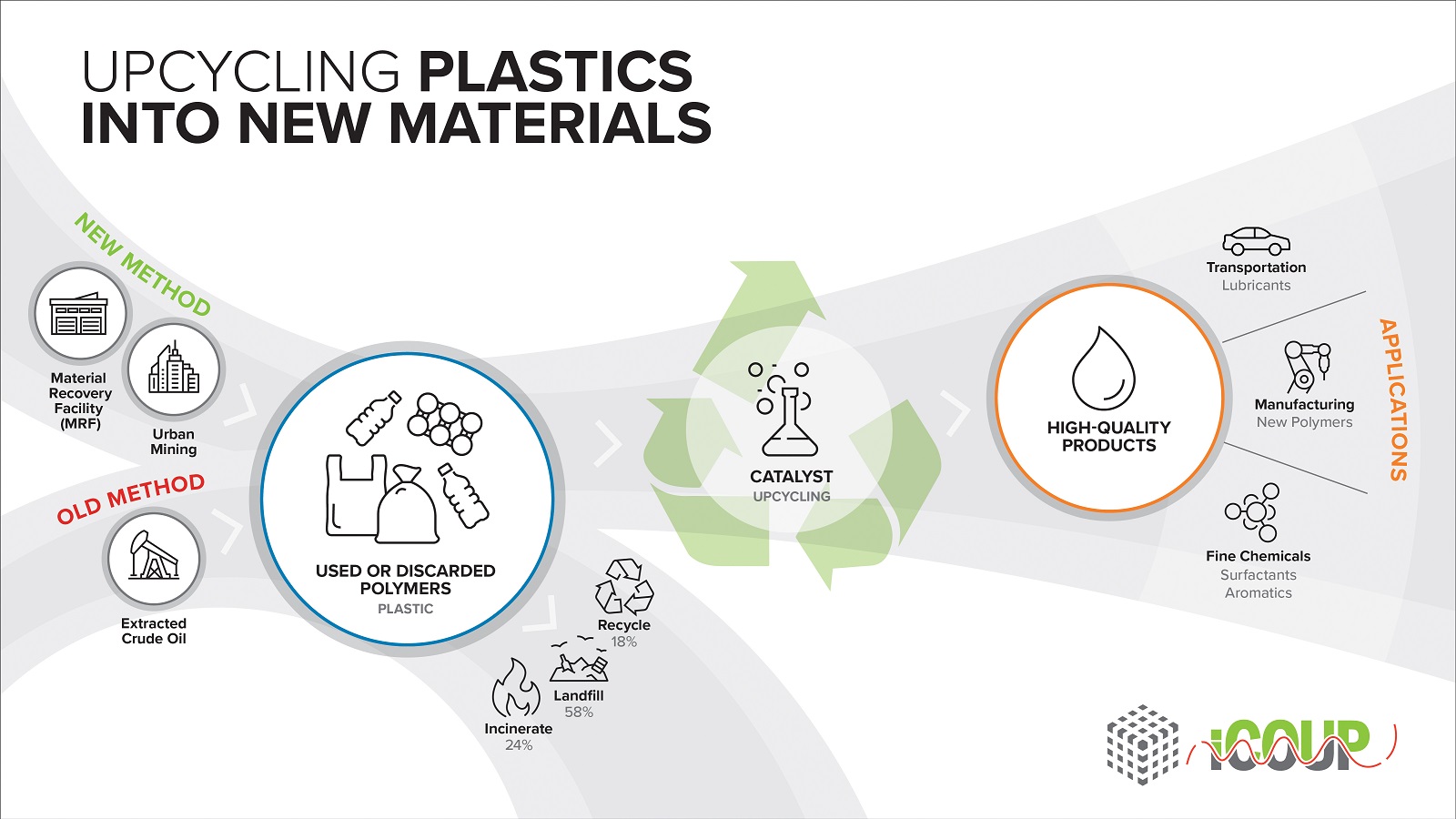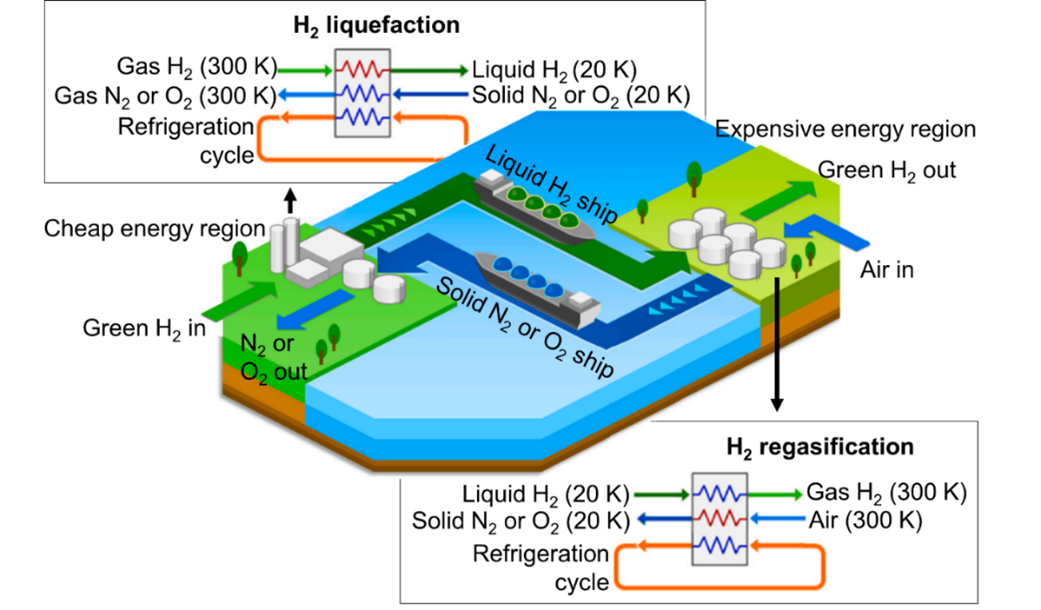
Scientists have developed a new type of battery that can be implanted directly into tumors to deliver a steady stream of electricity. The battery is made from salt water and can be recharged by the body’s own heat. This could lead to new, more effective and less invasive ways to treat cancer.
The battery works by using a process called electrolysis to split salt water into hydrogen and oxygen gas. The hydrogen gas is then used to generate electricity, which can be used to kill cancer cells. The oxygen gas is released harmlessly into the body.
The battery is small and lightweight, and it can be implanted into tumors using a minimally invasive procedure. This means that patients will not have to undergo surgery to remove the battery, which can reduce the risk of complications.
The battery has been tested in animal studies, and it has been shown to be effective in killing cancer cells. The scientists are now planning to begin clinical trials in humans. If the trials are successful, the battery could become a new standard of care for cancer treatment.
Benefits of the new battery
The new battery has several advantages over traditional cancer treatments. First, it is more targeted, meaning that it can deliver the electricity directly to the tumor cells, while sparing healthy cells. This can reduce the side effects of treatment.
Second, the battery is self-charging, which means that it does not require surgery to remove or replace. This can make treatment more convenient and less expensive for patients.
Third, the battery is small and lightweight, which makes it easy to implant. This can reduce the risk of complications during surgery.
The future of cancer treatment
The new battery could revolutionize cancer treatment. It is a more targeted, convenient, and affordable way to deliver electricity to tumors. This could lead to new, more effective and less invasive ways to treat cancer.
The scientists who developed the battery are now planning to begin clinical trials in humans. If the trials are successful, the battery could become a new standard of care for cancer treatment.
Original Article: A self-charging salt water battery for antitumor therapy
More from: Fudan University
The Latest Updates from Bing News
Go deeper with Bing News on:
Self-charging salt water battery
- Prepare for a Charge: 3 Battery Stocks to Buy Before an EV Rebound
InvestorPlace - Stock Market News, Stock Advice & Trading Tips When you look at the technology, it’s hard not to be bullish on the ...
- Next-gen batteries to power the future
With rapid advancements in battery technology, the dream of having uninterrupted power might not be as far-fetched as it initially seems ...
Go deeper with Bing News on:
Salt water battery
- Osmosis breakthrough: New battery uses river salt to generate electricity
Researchers have created a semipermeable membrane that generates electricity by absorbing osmotic energy from salt gradients. The advanced membrane significantly boosted the osmotic energy extracted ...
- Saline solution-based method efficiently recovers critical minerals from e-waste
A method developed at the Pacific Northwest National Laboratory selectively recovers manganese, magnesium, dysprosium, and neodymium from spent electronics.
- NextMarine: The Future of Saltwater Angling
NextMarine represents the future of saltwater angling. Learn what technologies are coming to revolutionize how we boat, how we find fish and how we catch them..
- Car giants vie for EV crown at Beijing's Auto China show
Chinese car giants locked in a cut-throat price war descended on the capital for the start of the Auto China show Thursday, vying to draw consumers and headlines in the ...
- Critical minerals recovery from electronic waste
A nontoxic separation process recovers critical minerals from electronic scrap waste.









